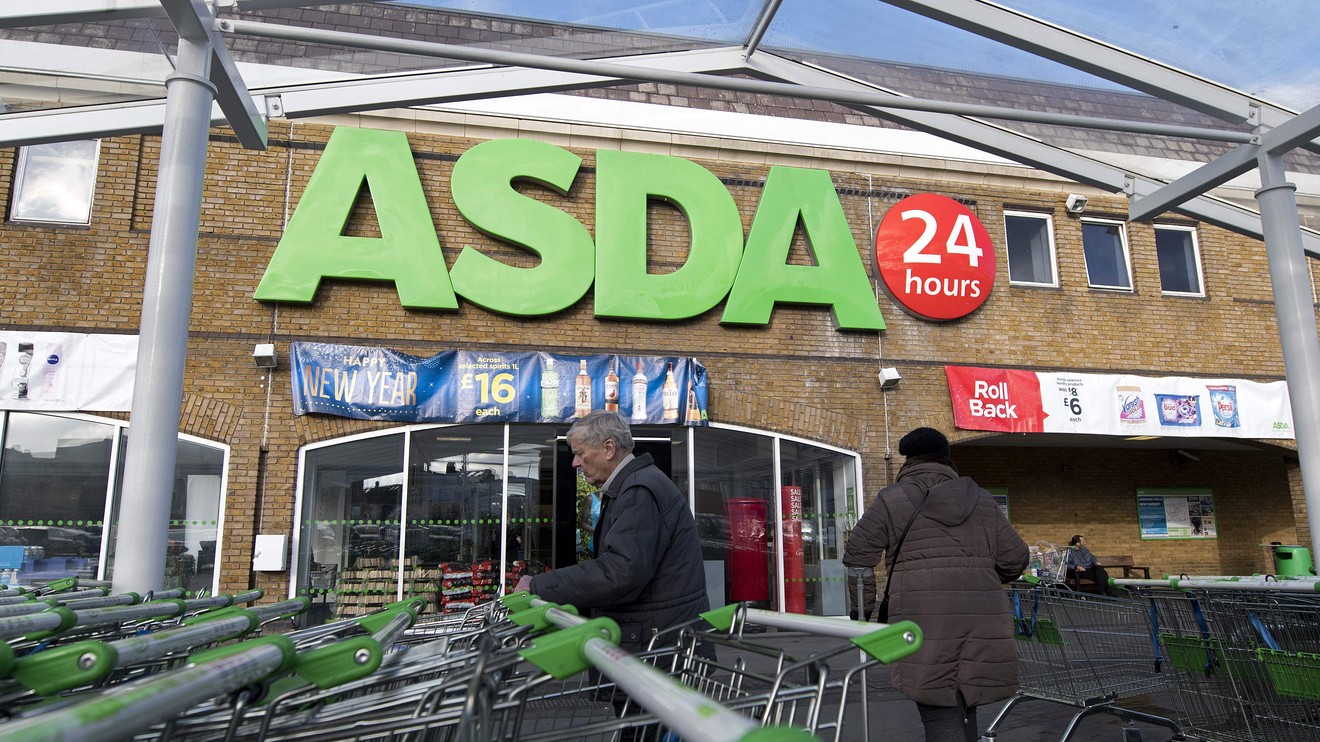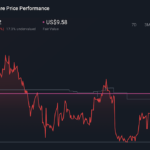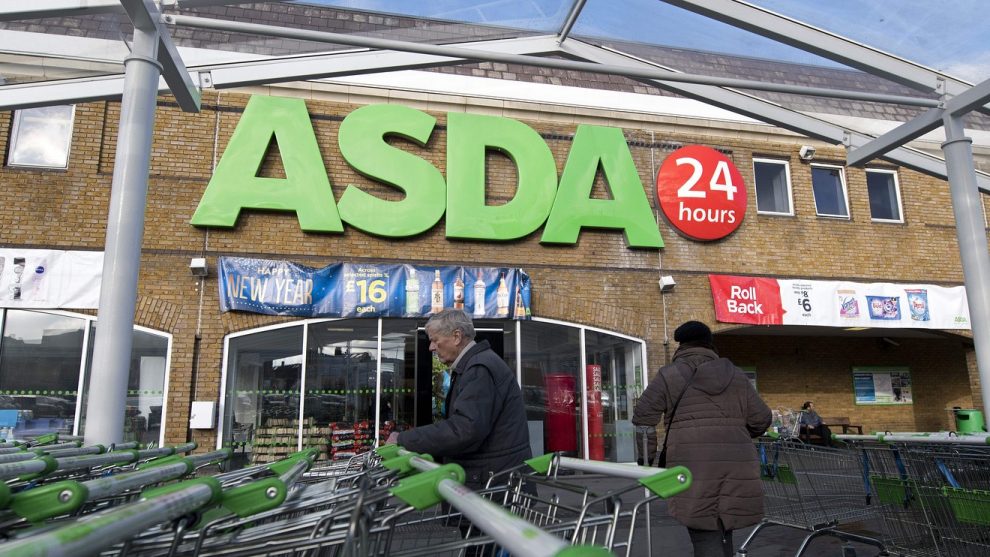
Walmart could be stuck in the U.K. longer than it hoped. On April 25, the country’s Competition and Markets Authority blocked the planned £12 billion merger between J Sainsbury JSAIY, -2.31% and ASDA because it would lead to higher prices and a poorer shopping experience.
The deal would have given Walmart WMT, +0.45% the owner of ASDA, a smart way to downsize its U.K. effort as part of its wider drive to tidy up some of its less profitable overseas operations. It was planning to hold on to a minority stake in the combined Sainsbury-ASDA group, but would have been freed from day-to-day firefighting in an increasingly tough market.
Now it needs another option. The U.S. group could consider an initial public offering of ASDA, but investor confidence in new U.K. listings has been rocked by uncertainty around Brexit, and the failure of recent high-profile IPOs, like auto maker Aston Martin.
Analysts think a safer solution is to sell to private equity.
Back in February, rumors surfaced that KKR was working with former ASDA boss Tony de Nunzio to put together a takeover bid. KKR has previous experience with supermarkets, having famously bought the U.S. retail chain Safeway Inc. in 1986.
At the time, the deal cost KKR $4.8 billion and the buyout group was able to borrow more than 90% of that value to finance it. The debt was rapidly repaid from the grocer’s cash flow and the sale of the U.K. operation to Argyll Group. When KKR eventually cashed out of the rest several years later, it made a substantial profit.
But that kind of leverage wouldn’t be possible today and KKR wouldn’t be able to write the massive equity check needed to buy ASDA—which Sainsbury valued at £7.3 billion—on its own.
It could always team up with a rival private equity group like CVC to make a bid—but neither would be able to benefit from the synergies and cost savings that a merger was meant to achieve. To pay down debt, the buyout firms could sell and lease back the company’s significant property portfolio, and take out cash in dividends.
But they would also need to raise both productivity and operating profits—not an easy task in the face of fierce competition in the U.K. grocery sector, from the likes of market leader Tesco and German discounters Lidl and Aldi.
The exit strategy would also be uncertain—if KKR tried to sell it to another supermarket group it would almost certainly end up being referred, once again, to the Competition Commission.
If the U.K. authority is worried that Sainsbury-ASDA’s combined 29% share of the country’s grocery market would be too large, then ASDA-Morrisons on 24% or ASDA-Aldi on 21% might also trip its bar. Especially given the tougher, consumer-centric stance on M&A it has shown since new chair Andrew Tyrie took over last year.
In the round, the merger block is probably worse news for Sainsbury, which was relying on the deal to rejuvenate its own flagging fortunes. Its shares tumbled as much as 5% this morning, though they pared losses back to -4% as of 12:32 BST (07.33 EDT).
Worse, there is now “scope for another buyer to invest in ASDA, which would result in the chain becoming a more active competitor for Sainsbury”, according to Sophie Lund-Yates, an equity analyst at retail stockbroker Hargreaves Lansdown.
But unless and until that happens, Walmart is also stuck. In a statement, international CEO Judith McKenna said the company was “disappointed” by the CMA’s decision but would now “position ASDA as a strong U.K. retailer delivering for customers” and “ensure ASDA has the resources it needs to achieve that”.
Just as well—because there are few other options.
Want news about Europe delivered to your inbox? Subscribe to MarketWatch’s free Europe Daily newsletter. Sign up here.








